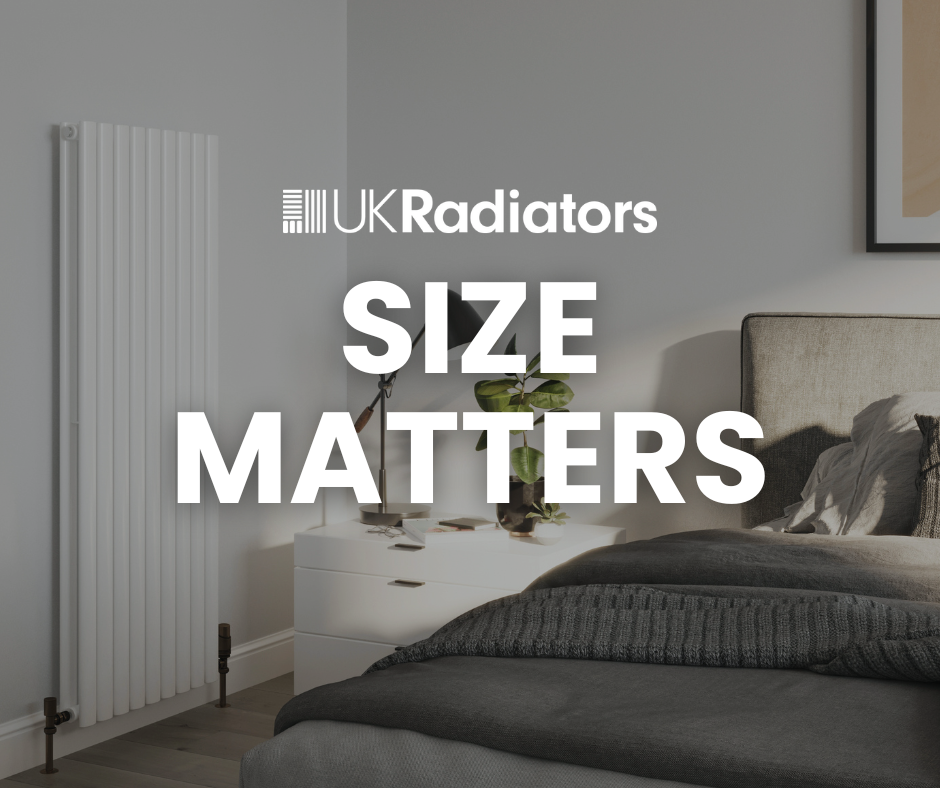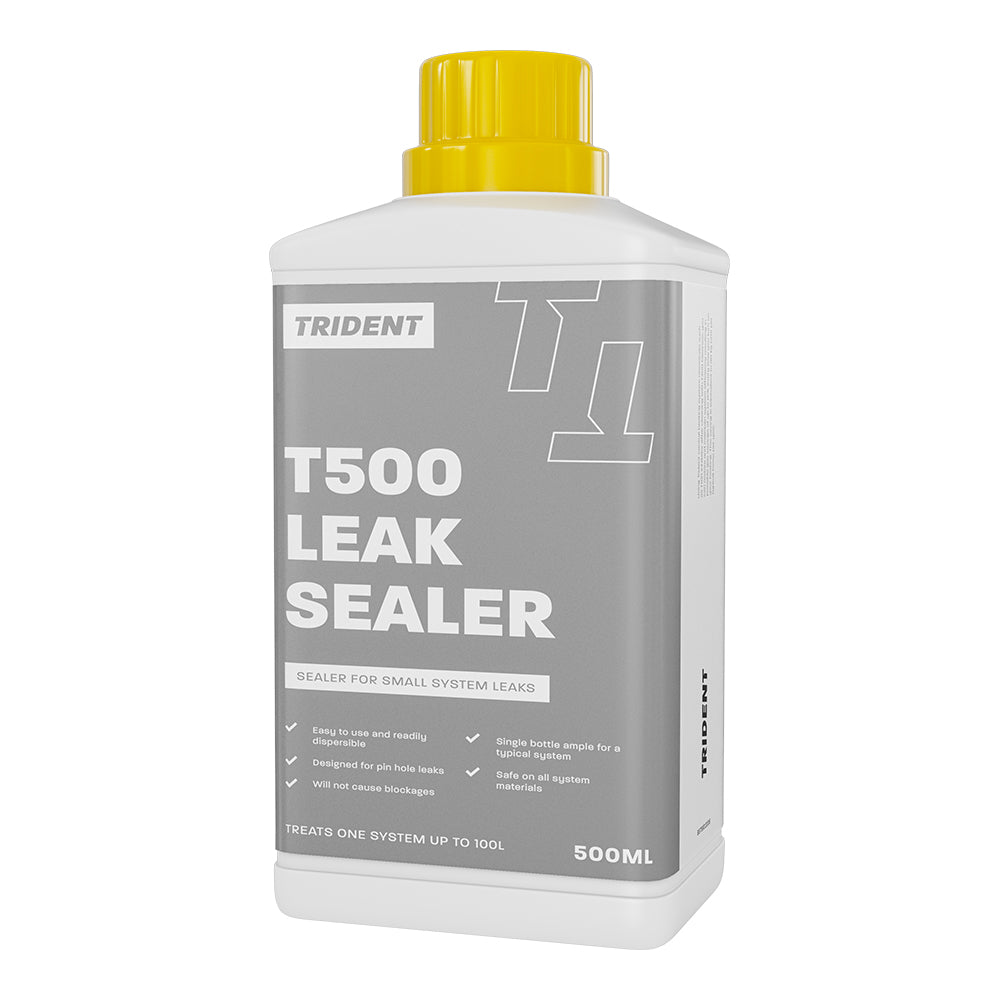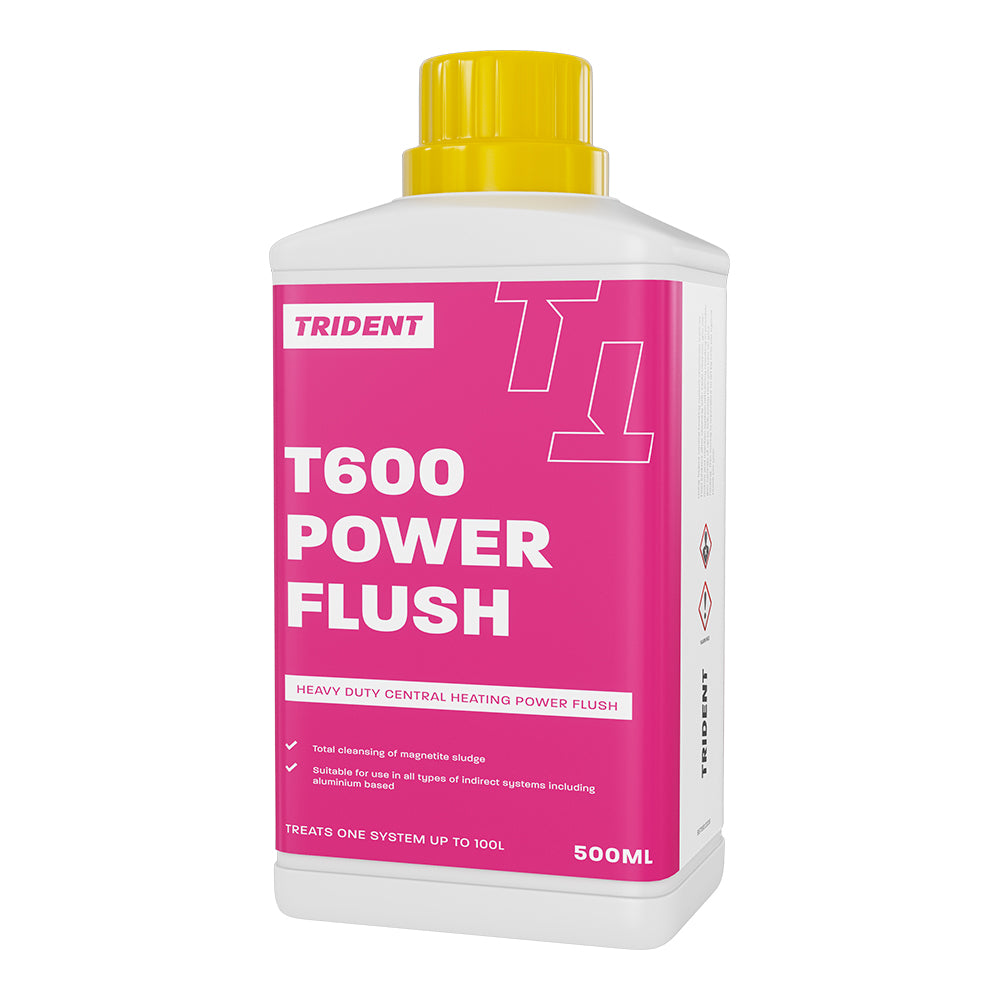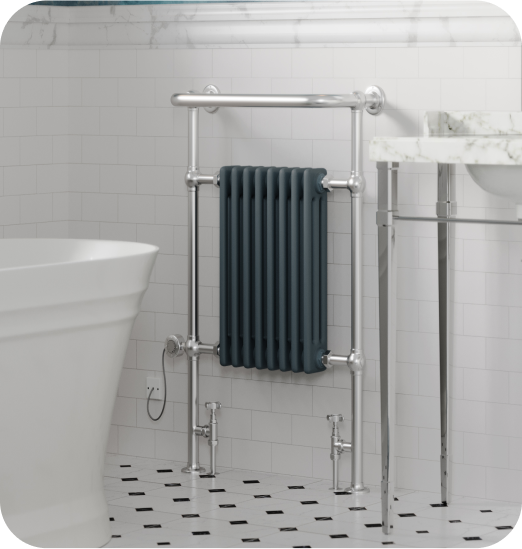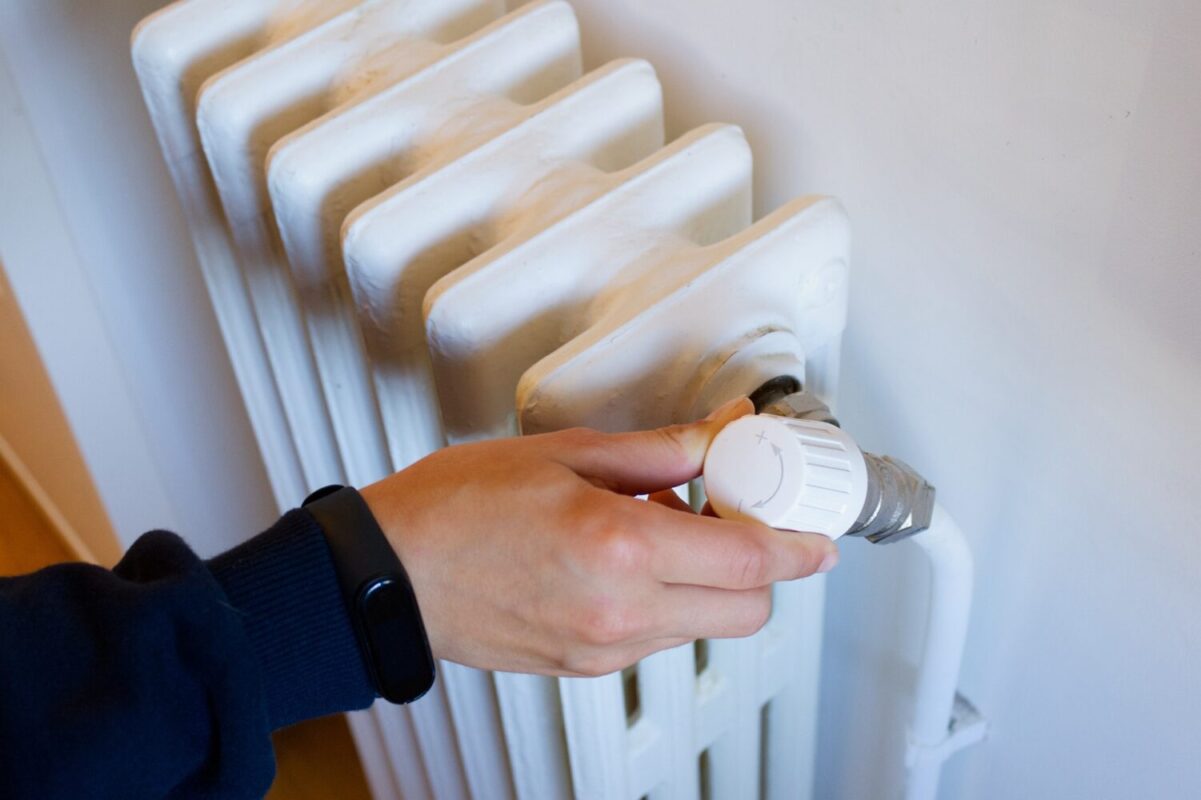
Does Turning Off Radiators in Unused Rooms Save Money?
Is It Cheaper to Leave Your Central Heating on Low All the Time?
The answer to this question depends on whether you have a central heating gas boiler or a heat pump.
Central Heating Gas Boilers
Most of us have 2 heating periods. 5 hours in the morning and the evening. It's unlikely that when your heating is off, your home will fall below 10°C. This means that the energy required to raise the temperature back up to your desired temperature (say, 18-20°C) isn't too large. Whereas, keeping your heating on at a low temperature continuously means that your boiler is repeatedly turning on and off throughout the day and night, constantly using more energy which isn't needed.Heat Pumps
Heat pumps provide lower water temperatures to your radiators than central gas heating. They’re designed to be running 24/7, during the times when you want your home heated it works to meet your desired temperature. Around these times, it defaults to a ‘set back’ temperature which is usually a couple of degrees lower than your desired temperature. We haven't done the calculations on how much it can cost to leave your heating on low all the time, because, if we’re honest, we don't see the value when this “solution” isn't realistic. While we are advocates for turning your main boiler thermostat down a few degrees (only if it's safe to do so), we aren't going to tell you to turn it down to ‘low’ and suffer to save money. For argument's sake, we’ll say that setting your thermostat to ‘low’ is 15°C. Some may be more than comfortable at this temperature. However, most of us during winter will be more comfortable at 18-20°C (that is the online consensus, at least). If you set your thermostat to 15°C (or lower), it may be cheaper and your heating bill may reflect this because you aren't using as much energy. But you will probably be cold and uncomfortable unless you've got some serious layering going on, and even that can get uncomfortable! So, as you can see, the answer to the question is obvious: less energy = less money. This isn’t always a realistic option for most of us though. Especially when there are other ways to save money and not be left with icicles on your eyelashes!Does Turning Off Radiators in Unused Rooms Actually Save Money?
To make sure we’re all on the same page here, central heating radiators don’t have on/off switches, so when we say “turning off radiators” we’re talking about turning off the valves. When we refer to turning the valve “off” we mean:- Thermostatic Radiator Valves (TRV). If you have a TRV, then set it to frost protection mode. You can read more about all things TRV in our ultimate guide.
- Manual Valves. If you have a manual valve, then turn the valve to the close position and then open the valve up a bit to let some hot water through. You can check this when the heating is on to see whether hot water is making its way into the bottom of the radiator.
- Lockshield Valve. The other important type of valve is the lockshield valve which will be on the return (water leaving) side of the radiator. You mustn’t adjust this valve unless you are balancing your radiators.
The types of valves you have are incredibly important. During winter time, temperatures can drop quite low and if the valves on your radiators are completely closed, then the water in the system could freeze (water starts to freeze at 0°C) and cause some serious (costly) problems. So, does turning off the radiators (or valves) in unused rooms save you energy and ultimately money? Yes, it does! But the biggest savings come from lowering your boiler flow temperature.



















